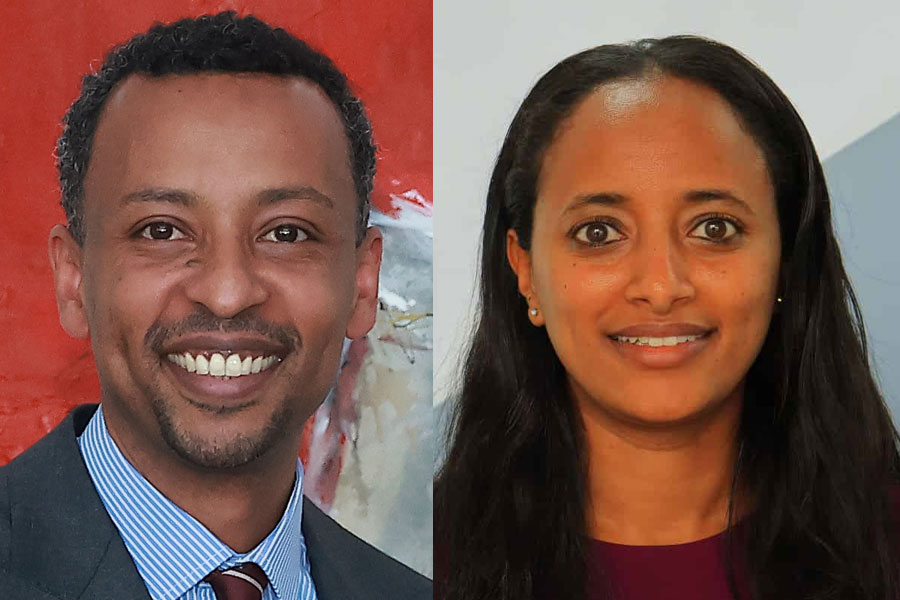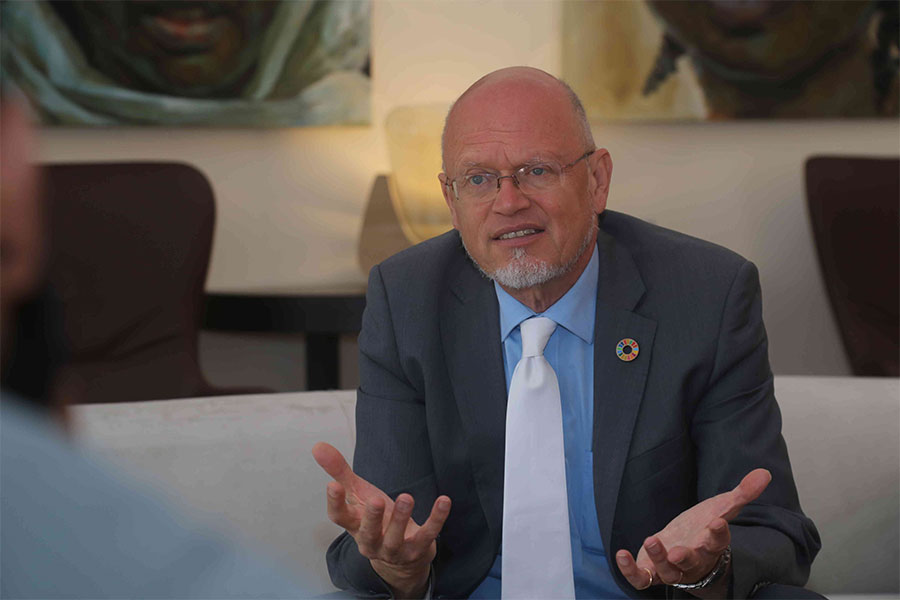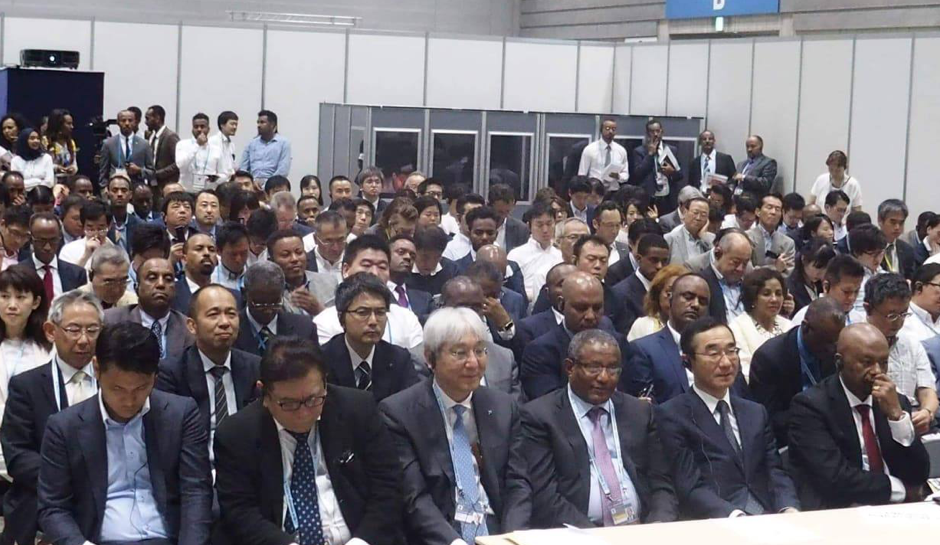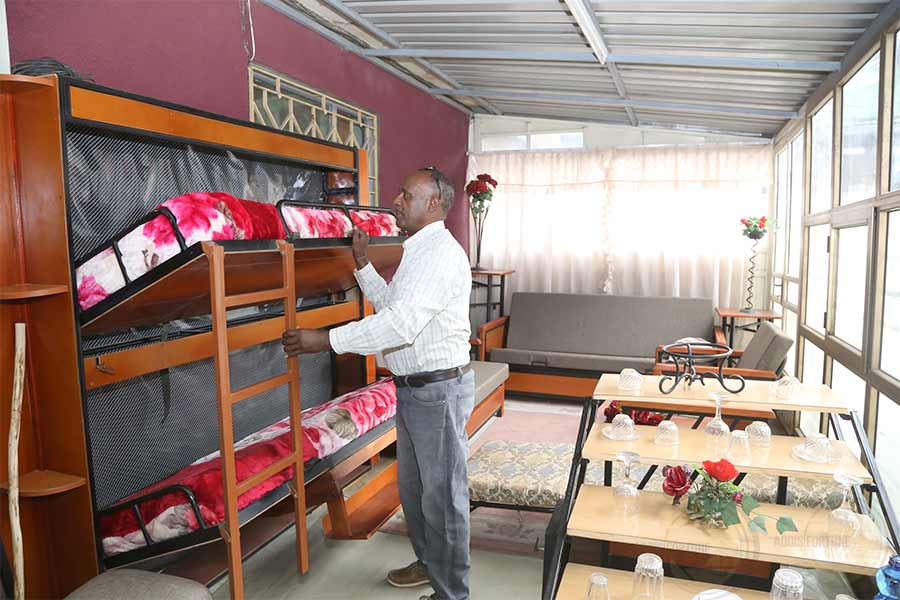
Fortune News | Aug 11,2024
Mar 14 , 2020
By Etenat Awol
A friend of mine adopted a five-year-old child. I was curious to know what the meaning of life was to him.
He said that, by adopting her, he is taking care of himself as a human being and finding some sense of purpose in the responsibilities he chooses to pursue. To him, life was about connection, belongingness and attachment.
Existence has many forms, with different thicknesses and layers. But what is important is how we value our life and how we treat humanity, because that is perhaps the only thing that makes our life worth living.
To many people, this kind of responsibility is more of a risk. This is not because of financial circumstances or personal preparedness for parenting but due to a deep belief that a child has to come from oneself to be called one’s own. Our limited social experiences have conditioned us to believe that being a parent to a child is solely a matter of biological genes.
There are only estimates of how many orphan children are in Ethiopia or how many are on the street having to contend with barely having anything to eat.
In a society that says children are a “gift from God," how many children are left to their own fates with no one to look after them? Can we ever find it in ourselves to take one of these children into our homes? Will it ever be an accepted social norm to adopt children?
In a country blighted with poverty, where our economy is unable to support a strong welfare system, it is only social infrastructure that can help mitigate the possibility of a child growing up on the streets.
Although domestic adoption is part of the culture in some communities, it has not been widely practised throughout the country. What has been getting attention over the past decades instead is international adoption. But even this has its challenges given how the lack of sufficient documentation creates difficulties for reunions and results in identity crises and psychological conditions for adoptees.
Considering this, the Ethiopian government banned international adoptions two years ago with the hope of addressing child homelessness and institutionalisation domestically. This was especially the case given that abuse of adopted children by their Western parents made news globally, leading to negative perceptions among the public.
However, what good this ban will do in the face of a poor culture of adoption in Ethiopia is questionable. Even high-income families prefer to have a number of children instead of considering adoption.
There is an Ethiopian saying that goes aynen bayne, which can be roughly translated to “to see my eye through my eye.” It refers to parenting only from the perspective of transferring one's genes (the eyes) to our children (their eyes). This is a saying that invalidates the concept of adoption. While adoption offers a certain amount of choice, the concept of aynen bayne alludes to a certain ownership.
But what brings fulfilment in our lives should be the experience of raising children, not the solicitation of a certain feeling of ownership. A culture of adoption would thus help us validate and prioritise family not as a consequence of biology but one predicated on protecting, nurturing and loving a fellow human being.
This is where our Ethiopian outlook needs to change. In improving our culture of adoption, we can make the suffering of children a tad bit easier. We can encourage others through leading by example, not to mention giving at least one person a better life. We would be saving countless children from a life of trauma.
To create homes and families that uphold higher values, we need new definitions when it comes to the merit we attach to family. No matter how hard it may seem to reorient our beliefs on norms and cultures we hold dearly in our heart, we should analyse if those ideas have negative social consequences.
A society full of individuals unable to understand their social responsibilities creates a community that fails to recognise the reality of our interdependence.
PUBLISHED ON
Mar 14,2020 [ VOL
20 , NO
1037]


Fortune News | Aug 11,2024

Fortune News | Aug 12,2023

Sunday with Eden | Mar 20,2021

Exclusive Interviews | Apr 15,2023

Commentaries | Dec 17,2022

Radar | Jun 20,2020

Fortune News | Aug 31,2019

Fortune News | Jun 01,2019

Agenda | Sep 07,2019

Radar | Apr 24,2023

Photo Gallery | 175671 Views | May 06,2019

Photo Gallery | 165891 Views | Apr 26,2019

Photo Gallery | 156278 Views | Oct 06,2021

My Opinion | 136839 Views | Aug 14,2021

Dec 22 , 2024 . By TIZITA SHEWAFERAW
Charged with transforming colossal state-owned enterprises into modern and competitiv...

Aug 18 , 2024 . By AKSAH ITALO
Although predictable Yonas Zerihun's job in the ride-hailing service is not immune to...

Jul 28 , 2024 . By TIZITA SHEWAFERAW
Unhabitual, perhaps too many, Samuel Gebreyohannes, 38, used to occasionally enjoy a couple of beers at breakfast. However, he recently swit...

Jul 13 , 2024 . By AKSAH ITALO
Investors who rely on tractors, trucks, and field vehicles for commuting, transporting commodities, and f...

Oct 18 , 2025
The political establishment, notably the ruling party and its top brass, has become p...

Oct 11 , 2025
Ladislas Farago, a roving Associated Press (AP) correspondent, arrived in Ethiopia in...

Oct 4 , 2025
Eyob Tekalegn (PhD) had been in the Governor's chair for only weeks when, on Septembe...

Sep 27 , 2025
Four years into an experiment with “shock therapy” in education, the national moo...

Oct 18 , 2025 . By NAHOM AYELE
In a sweeping reform that upends nearly a decade of uniform health insurance contribu...

A bill that could transform the nutritional state sits in a limbo, even as the countr...

Oct 18 , 2025 . By SURAFEL MULUGETA
A long-planned directive to curb carbon emissions from fossil-fuel-powered vehicles h...

Oct 18 , 2025 . By BEZAWIT HULUAGER
Transaction advisors working with companies that hold over a quarter of a billion Bir...